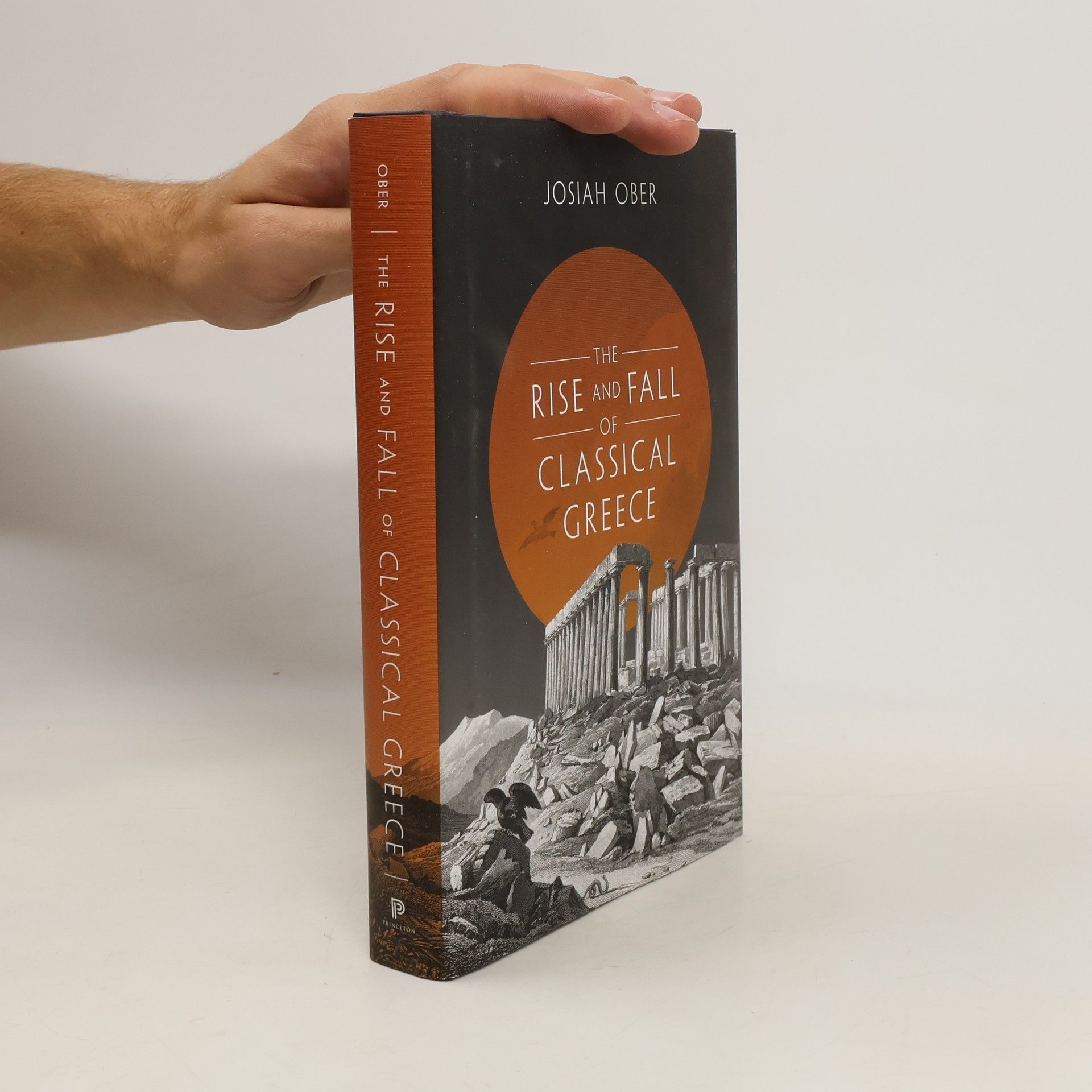Tracing practical reason from its origins to its modern and contemporary permutations The Greek discovery of practical reason, as the skilled performance of strategic thinking in public and private affairs, was an intellectual breakthrough that remains both a feature of and a bug in our modern world. Countering arguments that rational choice-making is a contingent product of modernity, The Greeks and the Rational traces the long history of theorizing rationality back to ancient Greece. In this book, Josiah Ober explores how ancient Greek sophists, historians, and philosophers developed sophisticated and systematic ideas about practical reason. At the same time, they recognized its limits—that not every decision can be reduced to mechanistic calculations of optimal outcomes. Ober finds contemporary echoes of this tradition in the application of game theory to political science, economics, and business management. The Greeks and the Rational offers a striking revisionist history with widespread implications for the study of ancient Greek civilization, the history of thought, and human rationality itself.
Josiah Ober Boeken
Josiah Ober is een vooraanstaand professor Klassieke Talen en Politicologie aan de Stanford University. Zijn wetenschap duikt in de complexiteit van politieke theorie en de geschiedenis van het oude Griekenland. Ober onderzoekt kritisch de vorming en het behoud van politieke instellingen binnen oude stadstaten en hun blijvende maatschappelijke gevolgen. Zijn onderzoek belicht fundamentele vragen over democratie en burgerschap die krachtig resoneren met hedendaags politiek denken.





The Rise and Fall of Classical Greece
- 416bladzijden
- 15 uur lezen
Drawing on newly available information and employing innovative approaches to evidence, a gripping narrative, filled with uncanny modern parallels, offers a major new history of classical Greece and an unprecedented account of its rise and fall.
What did democracy mean before liberalism? What are the consequences for our lives today? These questions are examined by this book.
Das antike Griechenland
Eine neue Geschichte
Die politisch-kulturelle Blüte des antiken Griechenlands ist eine der faszinierendsten Epochen der Menschheitsgeschichte. Unter Einbeziehung neuer politik- und wirtschaftswissenschaftlicher Perspektiven hat Josiah Ober eine aufsehenerregende, neue Gesamtdarstellung und Deutung des klassischen Griechenland verfasst. Josiah Ober erzählt die Geschichte vom Aufstieg und Niedergang des antiken Griechenland aufregend neu als »big history«. Er greift die höchst aktuelle Frage nach der Leistungs- und Erfolgsfähigkeit von Staaten im Sinne einer modernen Universalgeschichte für das 21. Jahrhundert auf. Eindrucksvoll und mit aktuellen Bezügen zeigt er am klassischen Griechenland, wie erst wirtschaftliches Wachstum, ein hohes Maß an Gleichheit sowie bürgerstaatliche Teilhabe die einzigartige Kultur der Hellenen ermöglichten. Es entsteht ein völlig neues Bild des antiken Hellas: nicht mehr eine wirtschaftlich rückständig-gleichgültige Sklavenhaltergesellschaft, sondern ein Netzwerk von Stadtstaaten, die ihr Wachstumspotential optimal ausnutzen. Schließlich gelingt es ihnen, die am Ende doch übermächtigen »Raubstaaten« Makedonien und Rom so zu prägen, dass das Erbe ihrer Kultur in einzigartiger Weise präsent blieb – bis heute!
Die Demokratie – läuft ihre Zeit ab? Diese Frage wird immer häufiger gestellt, seitdem autoritäre Führer im Vormarsch sind. »Wir erwarten das Falsche von unserer Demokratie«, wäre die Antwort von einem der modernsten Denker unserer Zeit: Josiah Ober. In seinem Grundlagenwerk ›Demopolis‹ beschreibt der Historiker und Philosoph, was Demokratie im Kern ausmacht. Dazu schaut er auf die ›Wiege der Demokratie‹, das alte Griechenland. Im Altertum gab es keine richterliche Unabhängigkeit oder Pressefreiheit, die Errungenschaften des Liberalismus. Und die Bürger, die das heute aufgeben sollen, leben in einer Demokratie? Folgen Sie Josiah Ober bei der Beantwortung dieser spannenden Fragen.